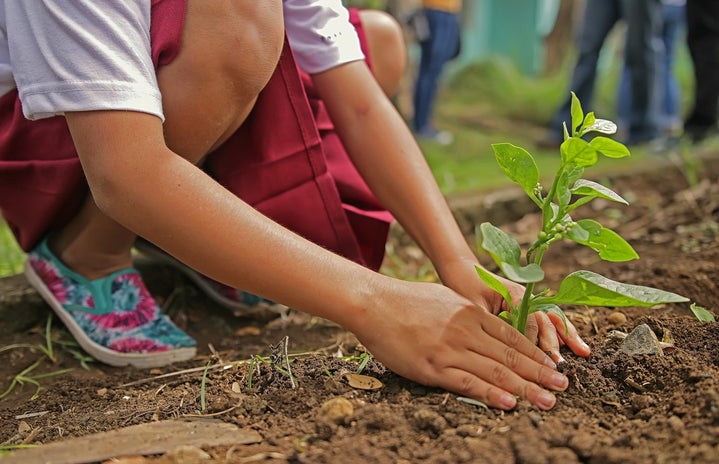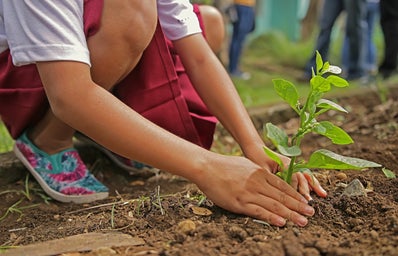In a world, where transporting food and factory farms have a huge impact on the carbon footprint, bioregional farming can be key to helping to reduce environmental impacts. But what is bioregional framing and what can we do today to start growing food locally?
What is bioregional farming?
Bioregional farming is local farms that produce food that is local to the environment. However, some bioregional framers also produce nonnative food that is stable to grow in the local environment(assuming they aren’t invasive). Many of these sustainable farmers are very conscious of their crops and take great care in not overproducing. They keep the soil quality up to standard, reduce erasure, preserve water, and care for their local environment. Small farmers can be the key to a future of not only more nutritious food but a reduced carbon footprint.
Why aren’t we doing it?
Many farmers are struggling to stay afloat due to factory farms. They get the majority of contracts and sales. Most of the food the government subsidizes and that is in our grocery store is from factory farms. These factory farms make a specific crop that the government and tech company sees as beneficial- usually wheat, corn, and soy. The factory frames prey on farmers in debt and get them to join their factory farms layout and put them into further debt so they can’t leave.
There’s also the issue of zoning laws in most popular states where only certain land can legally be used for farming. This really cuts down on the amount of local land that can be used for farming. There is useable farmland that can’t be farmed on to not disturb residential communities. Many people that grow food at home also have to be wary of local laws and homeowner associations. We need to reform farming laws and give assistance to local farmers to improve the environment.
How you can help bioregional farming?
- Buy local produce: I think everyone knows the benefit of supporting local farmers by now. Go to your local framer market or visit the local frame to buy produce and animal products. Yes- buying meat can be environmentally sustainable if you support local farmers. Not only are you supporting your community but you’re helping to fight climate change.
- Try urban farming: Most people live in cities and the suburbs and do not have a lot of land to farm. But start small and learn about urban farming. It is possible to grow food in apartments or in small outdoor spaces if you grow seasonal food that is local to your environment and learn to optimize space. Work with whatever space you have to grow plants.
- Buy in-season food: The biggest issue with food imports is that people depend on getting food from other countries for out-of-season food. If your choose to buy at the grocery store opt for in-season food and try to buy local food when labeled.
- Wildcrafting: If you are experienced in foraging and aware of endangered plants and local laws foraging can also be a great way to collect food. There is so much wild food out there that is going to waste because animals can’t eat it all. Keep in mind not to over-collect and please know foraging safety- it’s always better to be safe than sorry.


